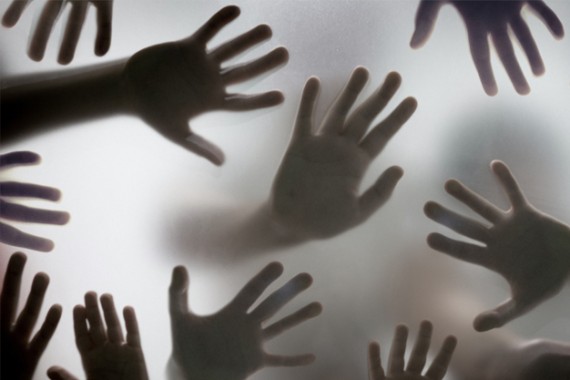What Are 3 Causes Of Phobias?

Causes of Phobias are intense and unjustified fears of items or circumstances that represent no real risk but cause anxiety and avoidance. Moreover, phobias, and transient nervousness you may have while making a speech or taking an exam long-lasting, generate severe bodily and psychological reactions can impair your ability to perform correctly at work, school, or in social circumstances.
Phobias are among the most frequent types of anxiety disorders, although not all require therapy. However, if a phobia interferes with you everyday, numerous therapies are available to help you work through and conquer your anxieties, often permanently.
Specific or General Phobias
Specific or essential phobias, such as a fear of heights (acrophobia), typically emerge throughout childhood. Simple phobias can be traced back to a traumatic childhood event. For example, if you are trapped in a small place as a child, and acquire a fear of enclosed spaces (claustrophobia). It is also believe that phobias may learn at a young age. For example, if someone in your family has arachnophobia (fear of spiders), you may get the same fear. Family environment characteristics, such as having anxious parents, may influence how you manage anxiety later in life.
Complex Causes of Phobias
It’s unclear what creates complex phobias like agoraphobia and social phobia. However, genetics, brain chemistry, and life events play a role in different phobias. The bodily reactions that a person has when confronted with the object of their anxiety are genuine and not merely. In response, the body releases hormone adrenaline, which causes symptoms such as perspiration, shortness of breath, and fast heartbeat.
Causes of Phobias
Much is uncertain regarding the true etiology of phobias. Possible causes include:
- Negative encounters: Many phobias emerge due to a negative experience or panic associated with a particular object or event.
- Environment and genetics: There might be a relationship between your specific phobia and your parents’ fear or anxiety, which could be attributable to heredity or learned behaviour.
- Brain activity: Changes in brain function may play a role in developing specific phobias.
Risk elements
These variables may enhance your chances of developing particular phobias:
- Age: Specific phobias can arise in childhood, generally by the age of ten, although they can also appear later in life.
- Your family members: If someone in your family suffers from a specific phobia or anxiety, you are more likely to get it. This might be a hereditary trait, or children may develop specific phobias through watching a phobic reaction to an object or a scenario in a family member.
- Personality. Your risk may rise if you are more sensitive, inhibited, or pessimistic than the average person.
- Traumatic incidents: being confined in an elevator or being attacked by an animal might cause the formation of a specific phobia.
- Learning from bad experiences: Hearing about bad news or events, such as airline catastrophes, might contribute to developing a phobia.
Fill out a form on our website healingmiracle.org book an appointment with our expert, and get for further information on phobias.

